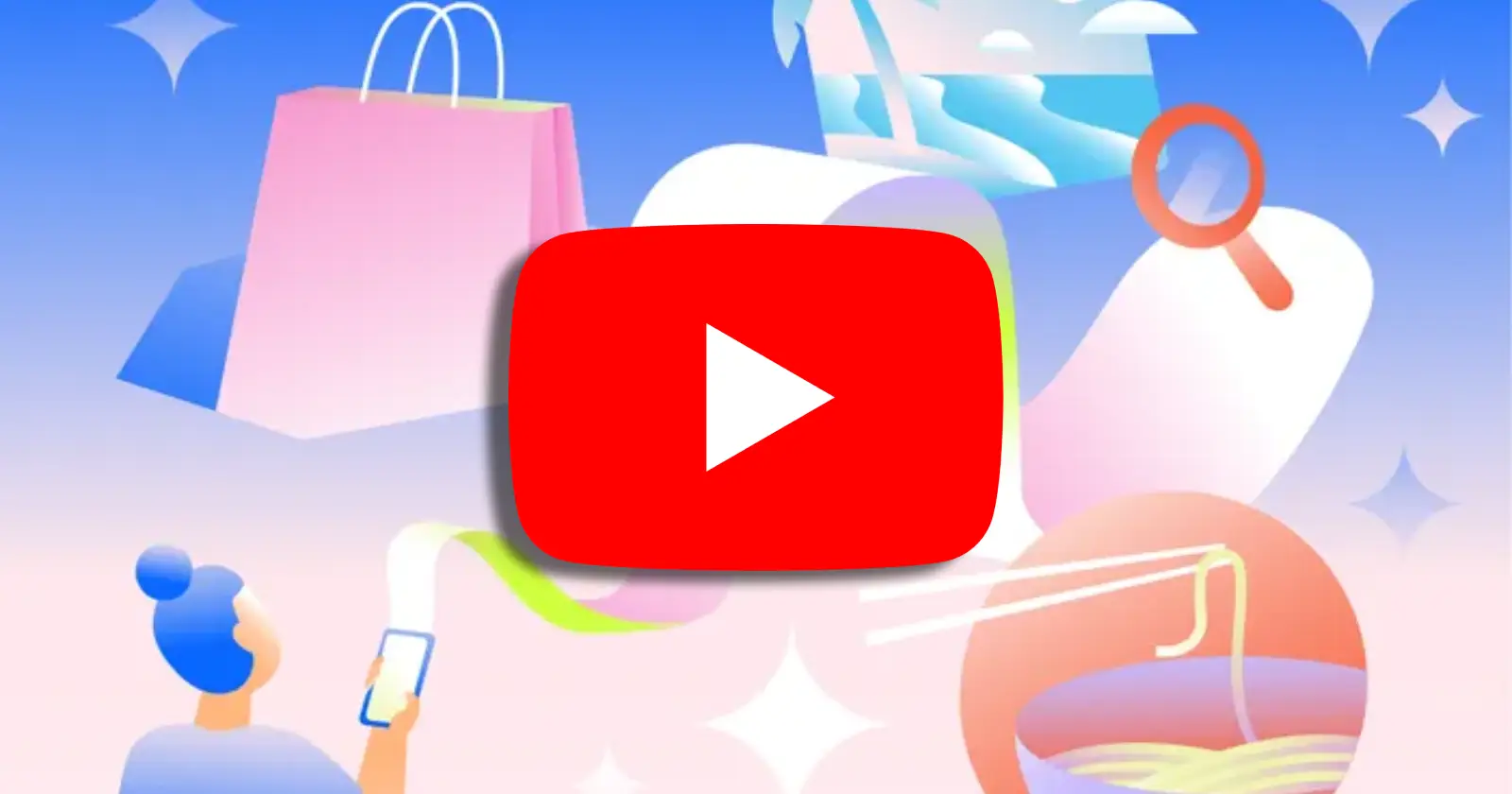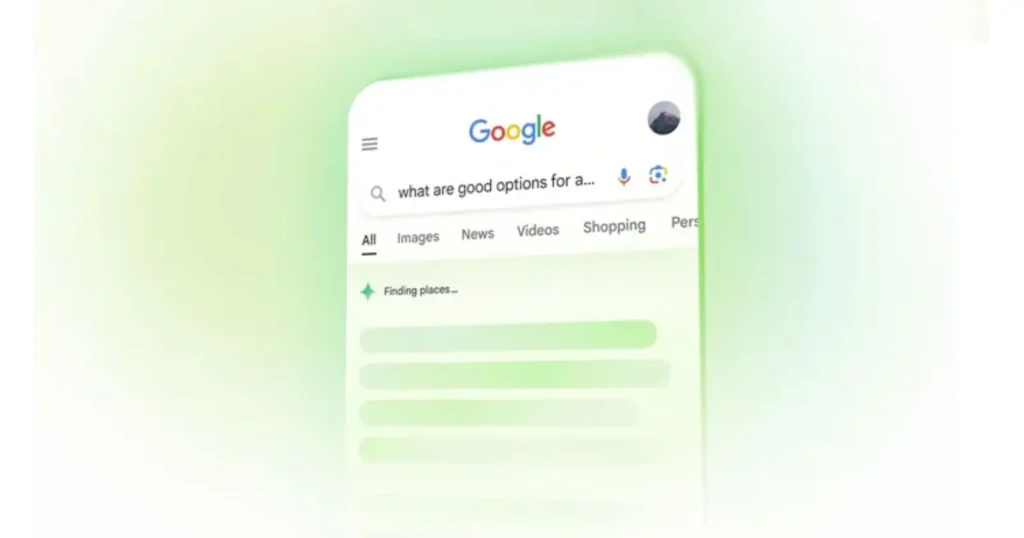I remember when YouTube search actually worked. You’d type in what you wanted, and boom – there it was, right at the top. Those days feel like ancient history now, buried under an avalanche of irrelevant Shorts, recycled content, and videos that have absolutely nothing to do with what you searched for.
YouTube knows this too. That’s why they’re rolling out AI-powered search carousels, hoping artificial intelligence can salvage what their own algorithm destroyed. But I feel like it’s just going to make things even worse. The feature launched in June this year for Premium subscribers in the US, appearing at the top of search results with curated video suggestions and AI-generated descriptions. Think of it as YouTube’s version of Google’s AI Overviews, but for videos. Now, reports suggest that it’s rolling out to even more users in the US.
The irony isn’t lost on me. YouTube, owned by the company that literally invented modern search, somehow managed to break its own discovery system so thoroughly that they need AI to fix it. According to their blog post, searching for “best beaches in Hawaii” might show you an AI-generated carousel highlighting snorkeling spots and volcanic beaches. Sounds useful, right? Except this feels like putting a band-aid on a severed artery, and in many ways, one might argue that it ruins the search experience even further.
This isn’t just my gripe, though. Folks across the internet have been calling out YouTube’s search woes for a couple of years at least. Back in 2023, one Reddit user on the r/youtube subreddit posted about how searches started flooding with suggestions that had nothing to do with what they wanted. By 2024, complaints piled up higher, with people sharing stories of typing exact titles and still getting pages of irrelevant junk. Even now, you’ll find recent complaints about the problem. One person even suggested using Bing instead to search for videos, given how bad YouTube’s baked-in results can get.
The platform’s obsession with pushing Shorts has particularly muddied the waters. While these bite-sized videos can be useful for quick tutorials, they’ve cluttered search results with content that rarely matches what users actually want. It’s turned what used to be a reliable tool into a guessing game, forcing people to add tricks like “before:2025” to their queries just to filter out the noise.
YouTube’s AI solution currently works only for shopping, travel, and local activity searches, and only for Premium subscribers. The company hasn’t announced when this might expand to general searches or become available to free users. TechCrunch noted that this limited rollout mirrors concerns about Google’s AI Overviews potentially reducing traffic to content creators – the same creators YouTube depends on for its content ecosystem.
This is exactly what I also had in mind when I first read the announcement. Not only has YouTube messed up the search results, but it might now make it harder for creators to get views if viewers find the relevant text enough to end their search. Plus, if creators don’t make it on YouTube’s AI carousel, the chances that viewers keep scrolling through all the irrelevant listings and Shorts are even less. So again, no views.
YouTube is essentially admitting their search function has become so unreliable that they need AI intervention to help users find what they’re looking for. But will AI really solve the underlying issues, or just add another layer of algorithmic decision-making to an already broken system?
For now, those of us dealing with YouTube’s search dysfunction daily will have to wait and see if this AI fix actually delivers better results, or if it’s just another way for the platform to control what content gets discovered. Based on YouTube’s recent track record, I’m not holding my breath.
TechIssuesToday primarily focuses on publishing 'breaking' or 'exclusive' tech news. This means, we are usually the first news website on the whole Internet to highlight the topics we cover daily. So far, our stories have been picked up by many mainstream technology publications like The Verge, Macrumors, Forbes, etc. To know more, head here.



